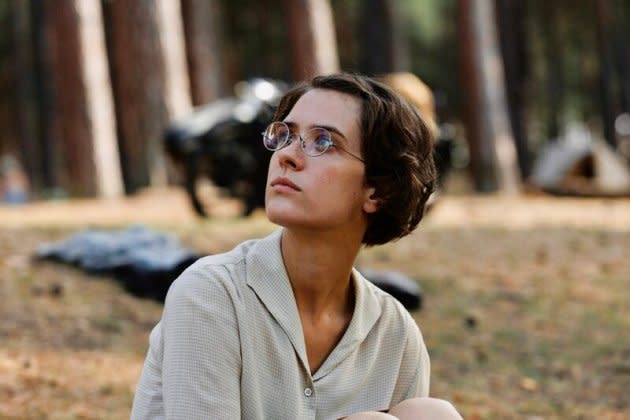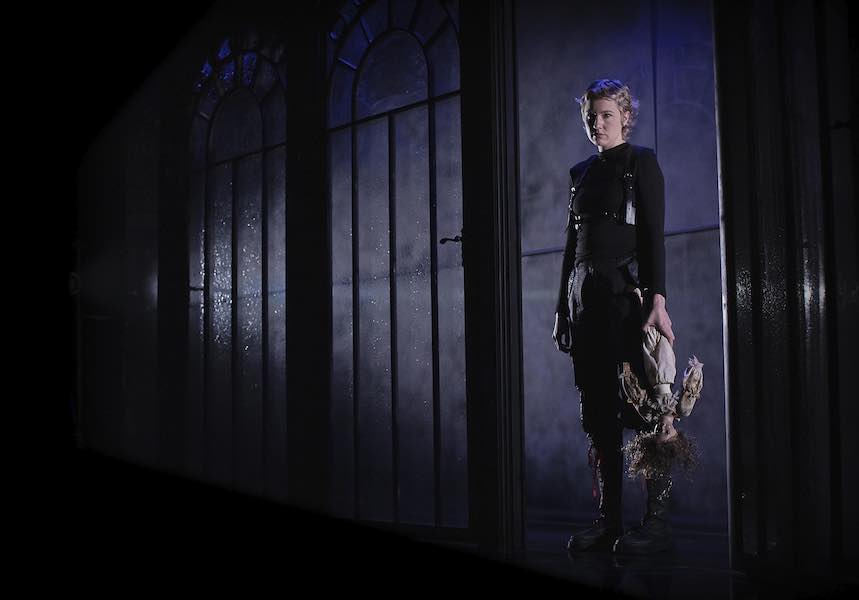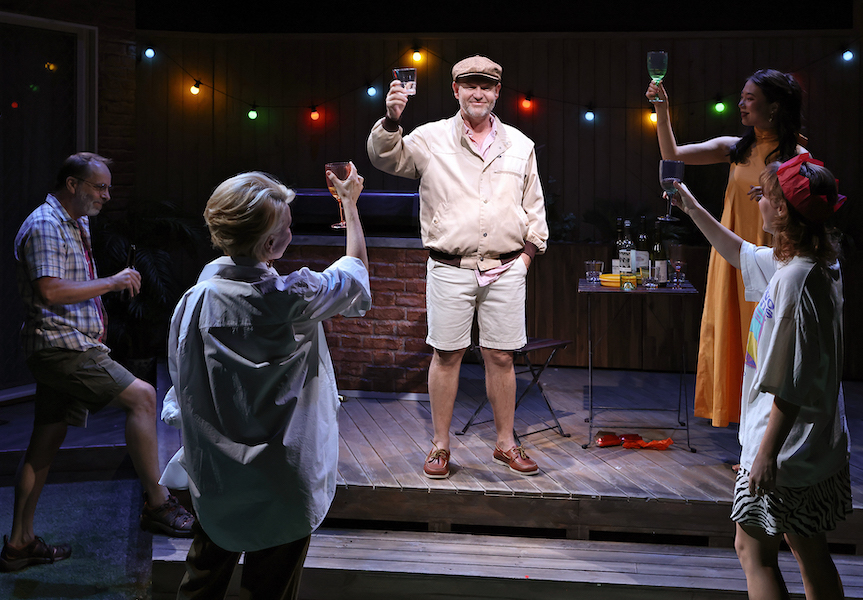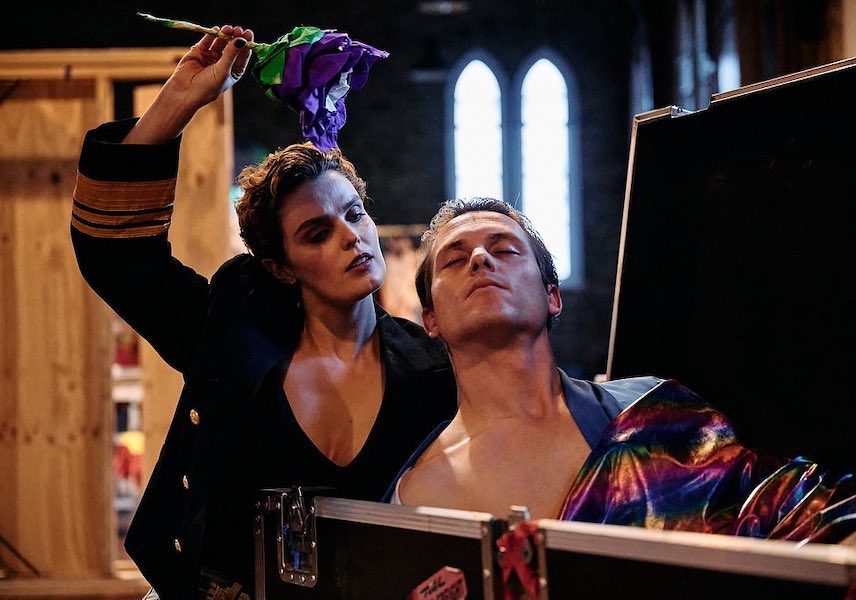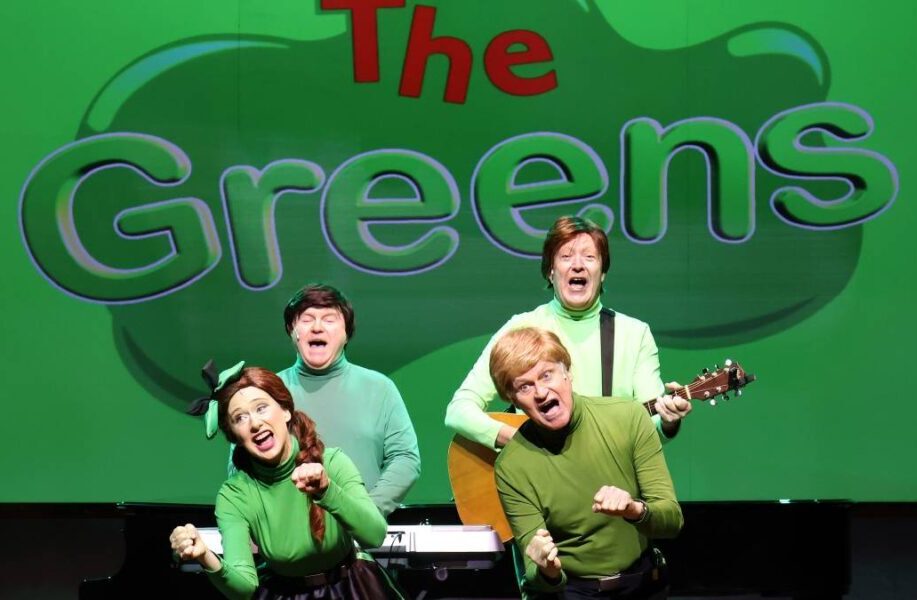
THIS IS OUR YOUTH
This is Our Youth suffers from a few – some, welcome – special circumstances. The freight of celebrity attached to the production thanks to bumbling indie-com guy Michael Cera (Arrested Development, Juno, Superbad) and Kieran Culkin (brother of Macaulay); a Pulitzer Prize-winning writer, Kenneth Lonergan; a sexy-gritty world of disaffected youth, drug deals and fumbling romance. Celebrity sells! Sexy-gritty sells! But the problem with baggage, good or bad, is that you have to be able to carry it, and this production mainly fails to do so, or fails to make us care either way.
We open to a grungey apartment, a bleating television set, an oily-haired youth (Culkin) slumped on a bed until he is stirred by the entrance of his so-called best-friend Warren (Cera), who has been kicked out by his borderline criminal dad. Immediately it’s clear that the friendship is dysfunctional to say the least – Dennis berates and bullies Warren to an extent that is embarrassing. Mainly in play is Warren’s foolish thievery of $15,000 from his father, and his inability to get lucky, a topic that is particularly pertinent considering the ‘little boner’ he is sporting for Dennis’ girlfriend’s friend, Jessica. Culkin is frantic, leaping over the bed, rolling joints, scraping his bangs out of his eyes. Cera is mainly monotonal, with a repetitive lilting inflection at the end of eachline: text-book ‘drama’ delivery. Sparks fly mainly between the cute and entirely believable awkward exchanges that occur with Jessica (an impressively neurotic Emily Barclay).
There are some good gags and clever moments; after all this a freeze frame of a life stage the program reminds us is, “experienced by us all.” But what could be an access to a universal human truth becomes specious through a few key factors. First is the weird disjoint between the presentation of the production feeling very ‘now’ and not of its time (a 1982 Reagan America) and the content and characters feeling really rather dated. Do we care about rich kids and their daddy issues, still? Second is that in a play borne out mostly by telling not showing, the performances are mostly a little flat. We listen, we note, we don’t really feel. Third is one already stated: the weight of expectation. Perhaps appropriate that inevitably, youth is not able to satisfy.
Until Mar 25, Drama Theatre, Sydney Opera House, $59-109, 9250 7777, sydneyoperahouse.com


